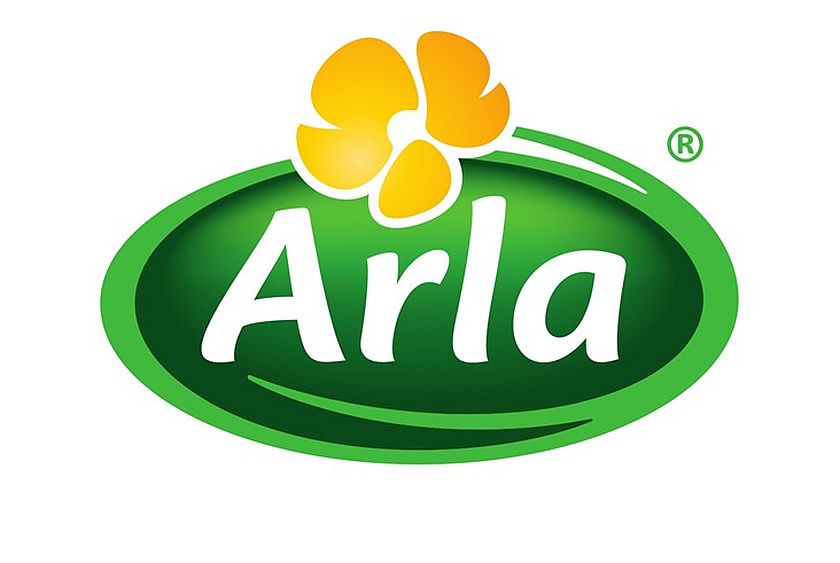Arla Foods will explore regenerative dairy farming practices on 24 pilot farms and create data-driven proof points of their impact on nature and climate. At the same time more than 900 organic Arla farmers will measure their soil carbon content and register practices that promote biodiversity.
Dairy cooperative Arla Foods is taking two tangible, farmer-led steps to gain more data and knowledge of how dairy farming can help improve soil biology, carbon capture, water quality and biodiversity via regenerative farming methods.
The first step is to establish a pilot programme created in partnership with regenerative farming experts from FAI farms and other expert organisations. 24 selected pilot farmers across five countries will be trained and coached to implement various regenerative methods, and their learnings combined with data collection will build knowledge of how regenerative methods can be applied to different dairy farming systems in Europe and how they impact climate and nature.
The second step is a commitment from the cooperative’s 916 organic farmers, who are responsible for an annual production of 1,000 million kg of organic milk, the world’s largest organic milk pool.
Says Janne Hansson, member of Arla’s Board of Directors and Chairman of Arla’s Organic Chairman Council: “As a farmer-owned dairy cooperative, we have a huge interest in understanding how we can reduce the negative and maximise the positive impact of dairy farming. A number of farmers in our community have been exploring regenerative farming practices for some time and motivated by their enthusiasm, we decided to take a broader approach to this as a cooperative, spearheaded by the organic farmers and a group of pilot farmers.” For more visit arla.com



